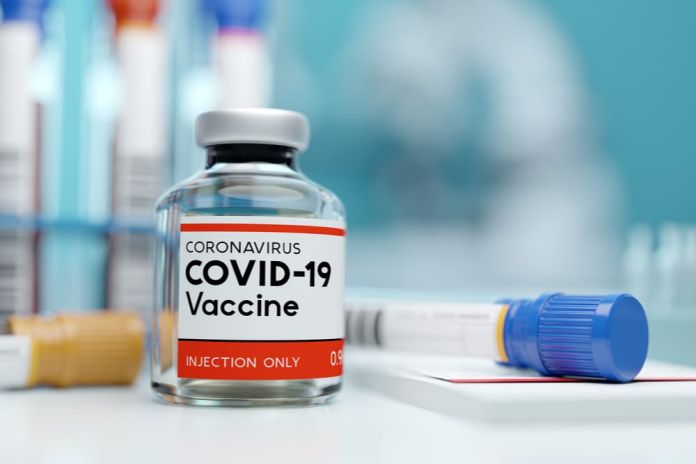By Caribbean News Global ![]()
LONDON, England – Following the announcement by Pfizer/BioNTech positive efficacy results from Phase 3 studies of their potential COVID-19 vaccine, showing it to be more than 90 percent effective in preventing coronavirus in participants; a UK government spokesperson said: “The results from Pfizer/BioNTech are very promising and we have procured 40 million doses of their vaccine. While we are optimistic of a breakthrough, we must remember that there are no guarantees.
“We will know whether the vaccine meets robust standards of safety and effectiveness once the safety data have been published, and only then can the medicines regulator consider whether it can be made available to the public. Once approved, the NHS stands ready to begin a vaccination programme for those most at risk, as currently recommended by the independent Joint Committee on Vaccination and Immunisation (JCVI), before being rolled out more widely.”
Prime minister Boris Johnson in a statement on Monday, November 9 said:
“The Pfizer/BioNTech Vaccine has been tested on over 40,000 volunteers and interim results suggest it is proving 90 percent effective at protecting people against the virus. But we haven’t yet seen the full safety data, and these findings also need to be peer-reviewed.
“We have cleared one significant hurdle but there are several more to go before we know the vaccine can be used. What I can say is that if and when this vaccine is approved, we, in this country, will be ready to start using it,” said prime minister Johnson.
Earlier this year the UK government ordered 40 million doses of the Pfizer vaccine – enough for about a third of the population, [since you need two doses each.] And according to prime minister Johnson: “That puts us towards the front of the international pack on a per capita basis – and I should add we’ve ordered over 300 million doses from 5 other vaccine candidates as well,” added, “If the Pfizer vaccine passes all the rigorous safety checks and is proved to be effective then we will begin a UK-wide NHS led programme of vaccine distribution. We will decide the order in which people are offered the vaccination taking account of recommendations from a group of scientific experts, the Joint Committee on Vaccination and Immunisation.”
Factors under consideration are said to include the different characteristics of different types of vaccines, to work out the most effective way to protect as many people as possible and save as many lives as we can.
Prime minister Johnson cautioned that “these are very, very early days. We have talked for a long time, or I have, about the distant bugle of the scientific cavalry coming over the brow of the hill and [tonight] that toot of the bugle is louder. But it is still some way off. And we absolutely cannot rely on this as a solution. The biggest mistake we could make now would be to slacken our resolve at such a critical moment.”
- On Friday, SAGE reported that the R is above 1 in England – though this does not take into account the current national restrictions.
- The death figures are tragically rising, running at an average of over 300 a day – sadly double where they were 24 days ago
- The number of COVID-19 patients in hospital has risen from just over 10,000 two weeks ago to nearly 13,000 on November 5.
“Irrespective of whether there is a vaccine on the way or not,” prime minister Johnson said: “We must continue to do everything possible right now to bring the R down. And that is why we hope and believe that mass testing will help” noted, “So it is all the more important to follow the rules. But we must get through this to December 2, when these measures expire and we plan to move forward with a tiered approach.”





